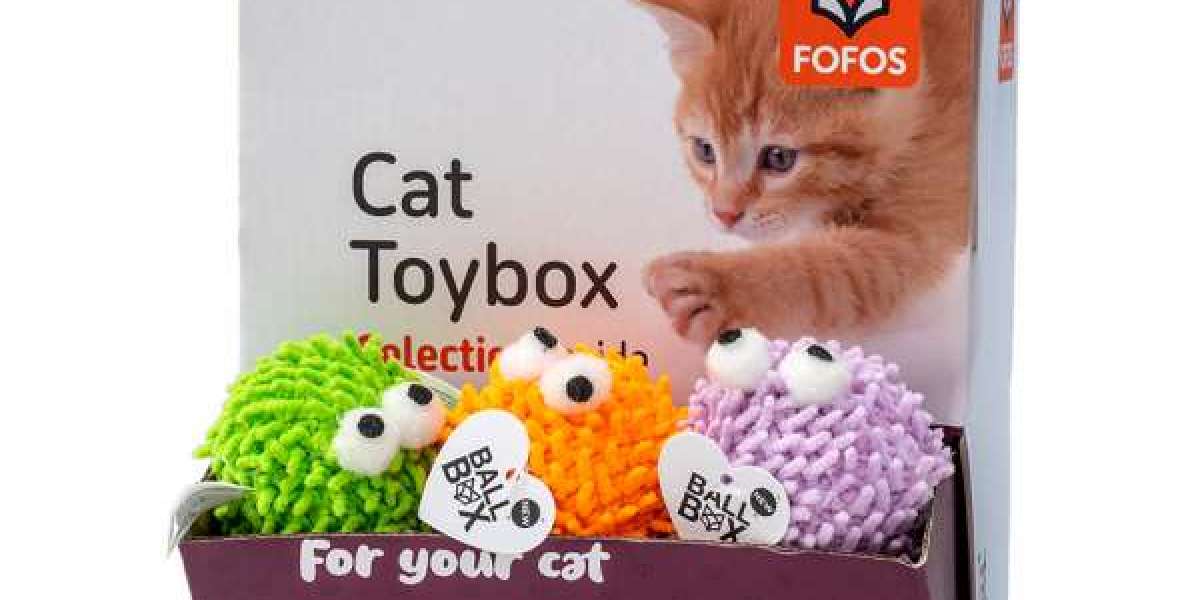As we move into 2024, the realm of home automation continues to evolve at an unprecedented pace. This transformation is not merely about convenience; it encompasses energy efficiency, enhanced security, and improved quality of life. In this article, we will delve into the key trends shaping the future of home automation and how they can benefit homeowners globally.

Smart Home Devices: The Heart of Home Automation
The integration of smart devices is at the core of home automation. From smart speakers to intelligent thermostats, these devices are designed to communicate with one another, creating a seamless living experience. For instance, the Nest Learning Thermostat learns your schedule and adjusts the temperature accordingly, ensuring optimal comfort and energy savings.
"Smart home technology is not just about gadgets; it's about creating a connected ecosystem that enhances our daily lives." - Tech Innovator
Energy Efficiency: A Growing Concern
As climate change becomes an increasingly pressing issue, energy efficiency in home automation is gaining traction. Homeowners are now more aware of their energy consumption and are seeking solutions to reduce their carbon footprint. Smart lighting systems, such as Philips Hue, allow users to control their lights remotely, ensuring that they are only on when needed. This not only saves energy but also reduces electricity bills.
- Smart thermostats for optimal heating and cooling.
- Energy-efficient appliances that can be monitored remotely.
- Automated lighting systems that adjust based on occupancy.
Enhanced Security Features
Security is a paramount concern for homeowners, and home automation offers innovative solutions to address this issue. Smart security cameras and doorbells, such as the Ring Video Doorbell, provide real-time alerts and video feeds directly to your smartphone. This level of surveillance not only deters potential intruders but also gives homeowners peace of mind.
Integration and Interoperability
As the market for home automation expands, the need for interoperability among devices becomes crucial. Homeowners often find themselves juggling multiple apps and systems. However, platforms like Google Home and Amazon Alexa are working to unify these experiences, allowing users to control various devices from a single interface. This integration simplifies the user experience and enhances the overall functionality of smart homes.
In conclusion, the future of home automation is bright, with trends pointing towards smarter devices, energy efficiency, enhanced security, and greater integration. As we embrace these advancements, homeowners can look forward to a more connected, efficient, and secure living environment. Are you ready to transform your home into a smart haven?
Related Video
For a deeper understanding of the latest in home automation, watch this insightful video:
Explore More
To learn more about specific products in the home automation space, consider checking out:







